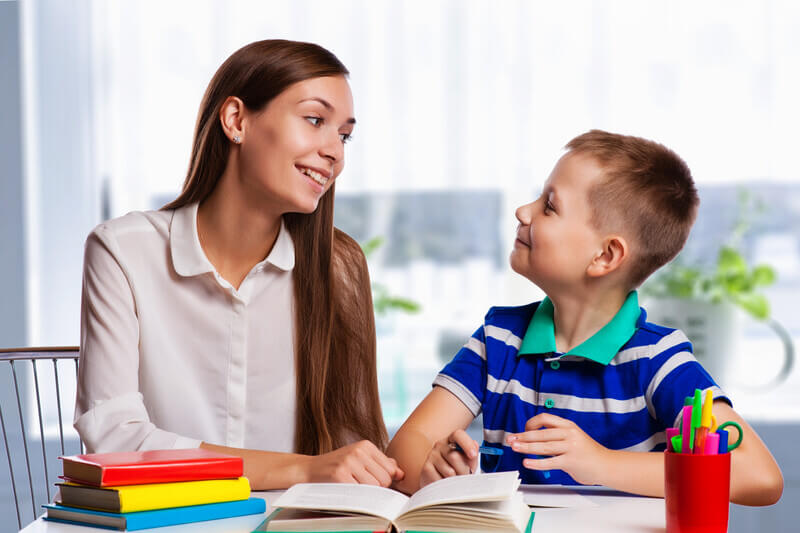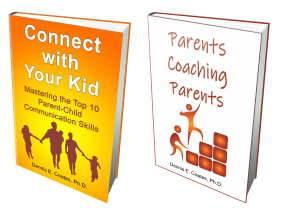As i write this, swallows have built a nest above our front entrance way, and the momma and poppa swallows are busy catching bugs and feeding them to their three hatchlings. On occasion, we see three little heads peeking above the rim of the nest. Before long, the parents will be encouraging them to leave the nest and learn to fly, so they can figure out how to catch their own bugs. Later they will fly away to make their own homes and families. We’ve seen this process before and it’s lovely to see it happen again this spring.
What human parents do for their kids isn’t much different. Your child doesn’t need to learn how to fly and catch bugs, but they do need to prepare for leaving home and coping with the challenges of adult life. Life is challenging for swallows, but a human child needs to learn so much more: practical life skills, relationship skills, critical thinking skills, values, and oh yeah, who they are and what they want to do with their life after leaving home.
It’s a lot. I had two loving parents, but they didn’t pass on any of the above. Nevertheless, all eight children were expected to fly away from our nest after high school. My siblings and I had a lot of catching up to do. Some of them had terrible struggles getting traction in life.
It helps, though, to begin thinking about what among all the many things a child needs to learn make the most difference. Here’s my short list, my Top 5 “Power Skills”:
Reading. Books and articles are a doorway to major learning. 95% of everything I know I learned on my own after my PhD. One of my sons decided to teach himself programming rather than attend college. He found what he needed in books. He’s a self-made man, a valued software engineer who makes more money than I ever did.
Writing. People who communicate well in writing are highly valued. Those who don’t are limited in many careers.
Relationships. Leaders, team members, customers, parents, spouses, family, friends, neighbors. Healthy give-and-take relationships in every aspect of life depend on effective communication. Without it you have misunderstands, rancor and pain.
Critical thinking. The ability to solve problems, evaluate options, make decisions, and figure out how to make things happen. The foundation for these skills is established during adolescence. Or not. Without these strengths, the doors to many careers are closed.
Learning. Many kids learn how to learn in school. It starts with a desire to learn, and a child can build on this by striving in tough courses.
Your child can acquire these skills by doing them. They can’t master any of them playing video games or connecting on social media for hours every day. You can create opportunities, encourage, support, and role model, but they have to do the work. But for them to be open and accept your guidance, so much depends on how you communicate with them in the many situations you deal with every day. To guide you in improving your own skills, I’ve written Connect with Your Kid: Mastering the Top 10 Parent-Child Communication Skills. And because it helps a great deal to have a supportive partner in this long-term effort, I’ve written Parents Coaching Parents.


